
Ginny Monk
Children’s Issues and Housing Reporter

Children’s Issues and Housing Reporter
Ginny Monk is the children's issues and housing reporter at CT Mirror, covering topics ranging from foster care and child welfare to affordable housing and zoning. She began her journalism career at the Arkansas Democrat-Gazette where she covered housing, homelessness, and juvenile justice on the investigations team. Along the way Monk was awarded a 2019 Data Fellowship and 2022 National Fellowship through the Center for Health Journalism. She also participated in the Center’s Engagement Initiative, producing a children’s coloring book to accompany her in-depth Data Fellowship project on evictions, “Notice to Quit.” She graduated from the University of Arkansas Lemke School of Journalism in 2017 and moved to Connecticut in 2021.
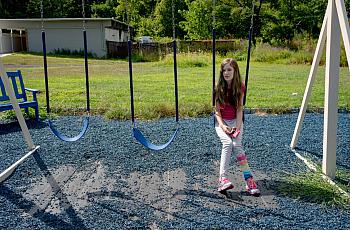
This project was produced as project for the USC Annenberg Center for Health Journalism’s 2022 National Fellowship and its Kristy Hammam Fund for Health Journalism....
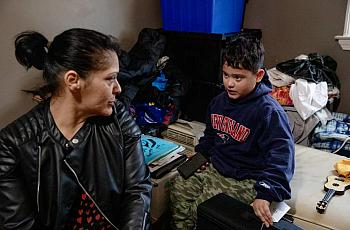
When Elizabeth Rodriguez tells her 8-year-old son that she doesn’t have any of his baby pictures, not even one or two, she starts to break down.
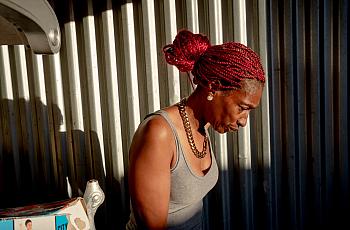
This project was produced as project for the USC Annenberg Center for Health Journalism’s 2022 National Fellowship and its Kristy Hammam Fund for Health Journalism.
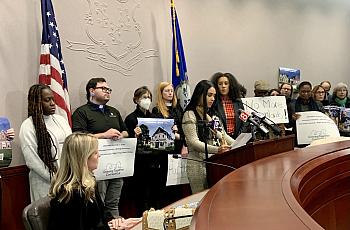
The upcoming legislative session is likely to bring a new effort to pass meaningful zoning reforms, according to advocates for a fund that rewards towns that create affordable housing and eviction protections for tenants.
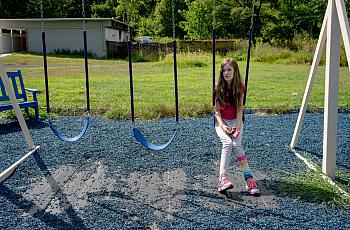
Educational and child care disruptions because of housing instability are growing increasingly common. The disruptions can have immediate and long-term impacts on kids’ mental health, academic success and social lives.
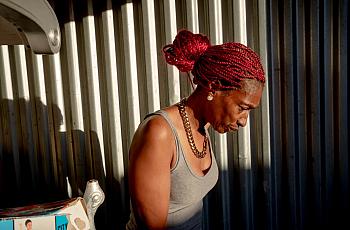
Since early pandemic-era protections against eviction expired, the number of filings in Connecticut has spiked as rents rise, inflation impacts budgets and families continue to struggle financially.
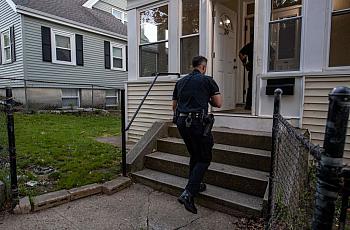
As the number of evictions rises, a new reporting project will look at the mental health effects for children in Connecticut.
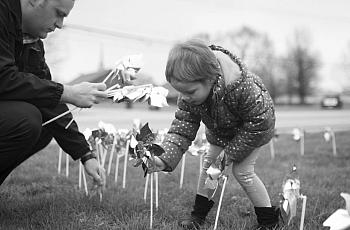
When reporting on trauma and death, strategies for coping become essential.
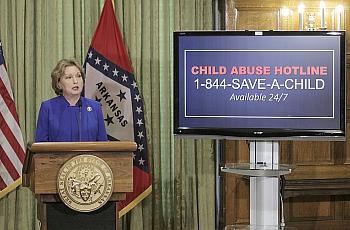
Arkansas Children’s Hospital saw an increase in the number and severity of child-abuse-related cases last year, a troubling pattern in a state that had high rates of child maltreatment before the onset of the covid-19 pandemic.

This is what happens when the hot line receives a report of alleged child maltreatment, according to interviews with Arkansas State Police and Arkansas Department of Human Services officials, state documents and state webpage.